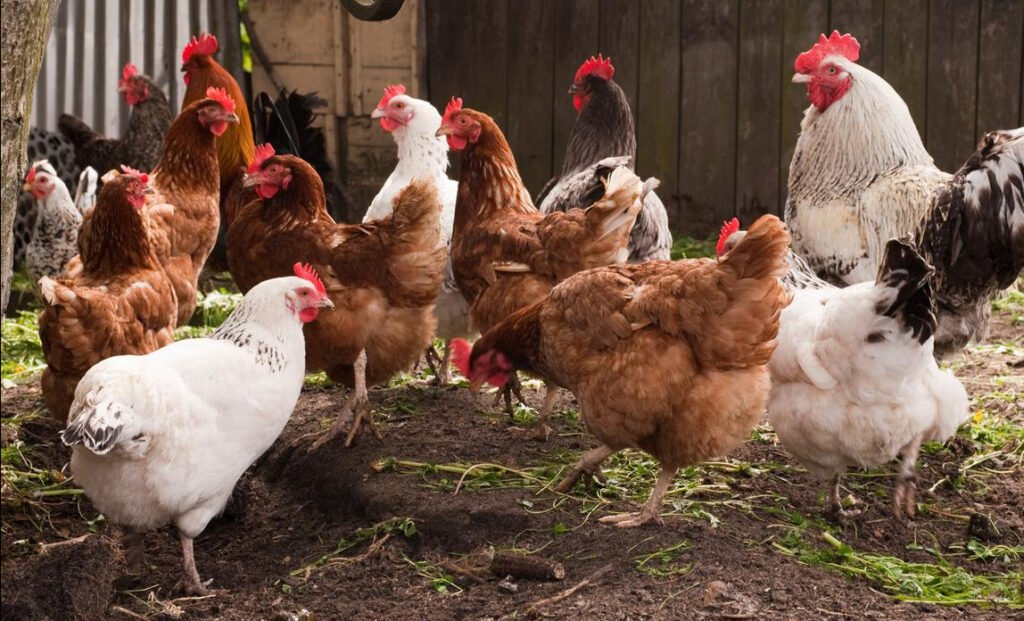Pure Kienyeji chicken farming, also known as indigenous chicken farming, is a popular and profitable enterprise in Kenya. Here are some steps to follow when starting a pure Kienyeji chicken farm:
- Conduct market research: Before starting a Kienyeji chicken farm, it’s important to research the market demand for Kienyeji chicken meat and eggs in your local area. You can also visit other successful Kienyeji chicken farms to learn about their best practices.
- Choose a suitable location: The farm should be located in a quiet and secure area with plenty of shade, fresh air, and clean water. The chicken house should be spacious enough to allow the birds to move around freely.
- Purchase healthy chicks: Buy chicks from reputable breeders or hatcheries to ensure they are healthy and disease-free. Kienyeji chicken breeds include the KARI Improved, Kuroiler, and Kenbro.
- Provide proper nutrition: Kienyeji chickens require a balanced diet that includes grains, legumes, vegetables, and supplements such as oyster shells and grit. You can buy commercial feeds or make your own feed using locally available ingredients.
- Practice good hygiene: Proper sanitation is key to preventing disease outbreaks in the chicken house. Clean the house regularly and disinfect it with approved chemicals. Provide clean water and change it frequently.
- Manage the flock: Monitor the birds’ health and behavior and take appropriate measures to prevent or treat diseases. Provide adequate space, ventilation, and lighting to ensure optimal growth and egg production.
- Market your products: Sell your Kienyeji chicken meat and eggs to local markets, supermarkets, hotels, and restaurants. You can also sell them online or through word-of-mouth referrals.
Starting a pure Kienyeji chicken farm requires dedication, hard work, and commitment. However, with proper planning and management, it can be a profitable and sustainable business venture in Kenya.

